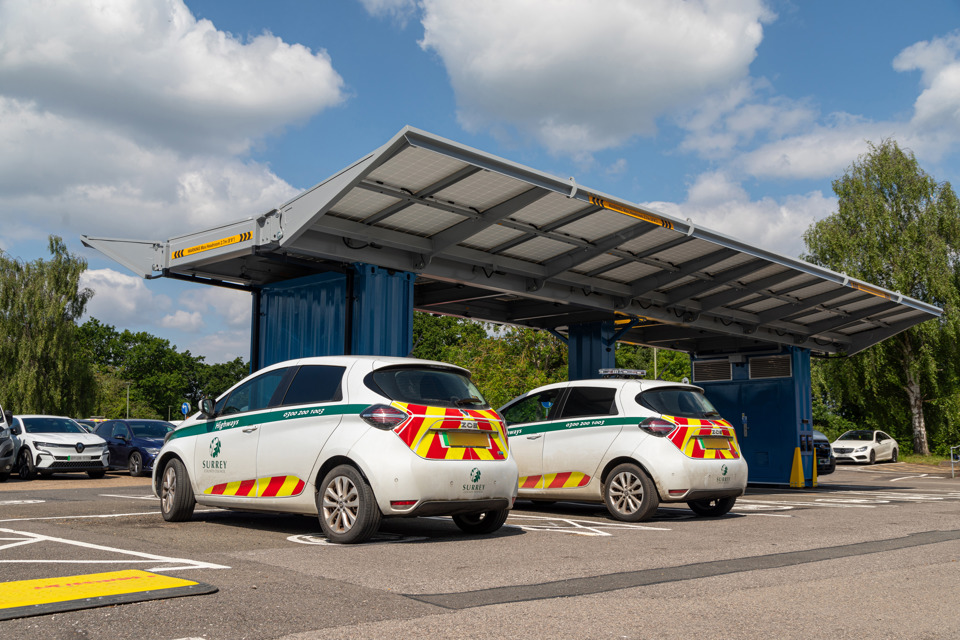The energy transition is fast accelerating. Power de-carbonisation has led the way with increasing levels of renewable energy over the past years. Heating and transport are now following, with a major shift for both being electrified and de-carbonised, with rapidly increasing numbers of electric vehicles on our roads, heat pumps and growing levels of solar energy in homes and commercial buildings. The future of energy is clearly green, distributed and digital.

As fleet operators and organisations work towards a more sustainable mobility future there is a significant opportunity to include within this a holistic approach to energy solutions, says Richard Siney, managing director, Richard Siney Consulting.
Whilst there are many sources available for expert advice and opinion regarding decarbonisation of the fleet and all the associated benefits available from low or zero emission vehicles there is currently a low awareness (or low activity) around the topic of also decarbonising the energy/electricity supply itself.
To support this transition towards de-carbonised transport, power and heat a number of technologies and support are available:
- Sustainable Transport Fleet Electrification, EV Smart Charging
- Renewable Power Solar PV, Battery Storage, Corporate PPA
- Net Zero Net Zero Strategies, Procurement & Partnerships, Project Delivery
- Renewable Heat Heat Pumps, Solar Thermal, Heat Networks
The most obvious initial investment for fleet operators to consider in conjunction to their Sustainable Transport strategy would be Renewable Power in the form of Solar PV. (NB As a business energy consumer, you could potentially save 50% on the costs of installing solar panels via tax breaks but all operators are advised to take advice on this for their own specific circumstances.)
Solutions and Services for Renewable Power and Storage
Electricity generation has been leading the de-carbonisation journey with ever growing levels of renewable energy. With dramatic improvements in the cost and efficiency of renewable power and storage technologies, there is also a clear trend in recent years for local distributed renewable generation in communities and commercial settings.
Increasing energy costs and strong environmental commitments are driving more organisations to consider generating at least some of their energy by themselves locally, for example with rooftop solar PV or utilising carpark areas with solar carports that can also be linked to EV charge points. Alongside this, the cost and efficiency of solar PV & batteries in particular have dramatically improved in recent years.
Whether you are a commercial entity, local authority, hospital, university or other, our experienced teams together with our technology partners support your complete journey - from initial concept and feasibility, through procurement, implementation and into operations, maintenance and monitoring of the systems.
In order to investigate the suitability of a business for solar PV there are a few key considerations such as location, energy usage (current and future plans), freehold or leasehold and existing grid connections. Once these are known an initial desktop assessment can usually be made demonstrating potential supply and a predicted ROI.


















Login to comment
Comments
No comments have been made yet.